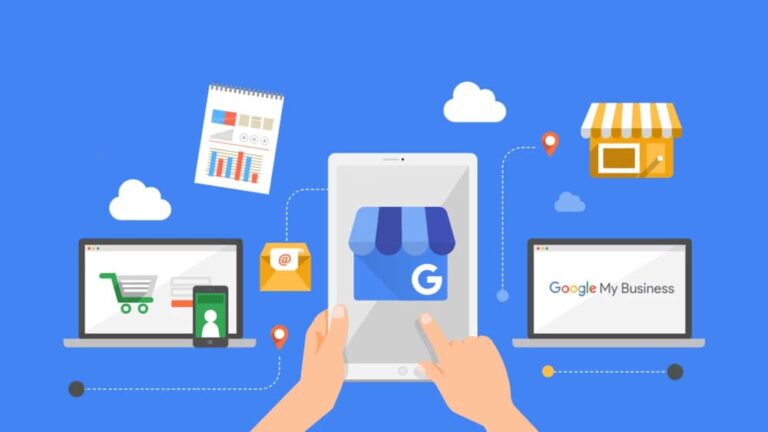- Increasing Customer Satisfaction: By understanding your customers, you can offer products or services that are more relevant and personalized. This enhances satisfaction and makes customers feel valued. For example, by knowing their preferences, you can create promotions that meet their needs, increasing the likelihood of their return.
- Boosting Sales and Profit: Understanding customers means knowing what they need and when they need it. With this information, businesses can create timely and appealing offers that can drive sales. Strategies like upselling and cross-selling are also more effective when you genuinely understand what your customers want.
- Building Loyalty: Customers who feel understood and valued are more likely to be loyal to your brand. They don’t just remain as repeat customers but can also become promoters of your business, recommending your products to others.
- Reducing Marketing Costs: Targeting known customers is more efficient than acquiring new ones. With insights into who your customers are, marketing strategies can be more focused and cost-effective.
- Loyal Customer: These are repeat customers who continue to buy products or services from your business. Typically, they are satisfied with product quality or services and trust your brand. Retaining loyal customers is important as they usually have high lifetime value.
- New Customer: New customers are those making a purchase for the first time. They are still in the initial stage of exploring and evaluating your offerings. Creating a great first impression is crucial to turning them into loyal customers.
- Impulsive Buyer: This type of customer makes spontaneous purchasing decisions, often without much consideration. They may be enticed by discounts, product displays, or easy transactions. Effective strategies for impulsive buyers include special offers, limited-time promotions, and visually appealing product displays.
- Discount-Seeker: This customer is always looking for the best deal and tends to buy only during sales or promotions. While they may not be loyal, discount-seekers can boost sales during specific events, such as major promotions or seasonal sales.
- Need-Based Customer: Need-based customers purchase products only when they have a specific need. They don’t buy often but tend to choose products or services that provide the best value. Offering high-quality products at competitive prices can be a good strategy for attracting need-based customers.









